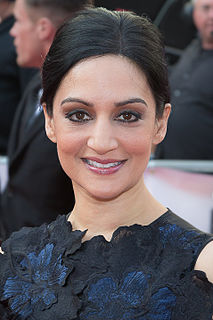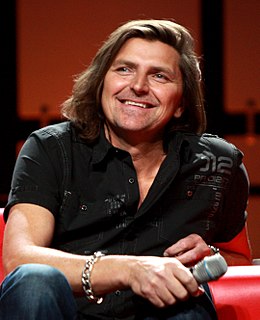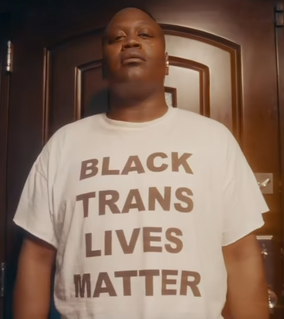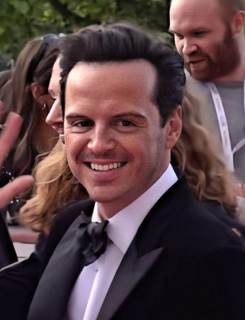A Quote by Steven Caple Jr.
I am black, so with my writing and my voice, you get that kind of dialect.
Related Quotes
There's a bit of a difference in the way he sounds. Samuel E. Wright lent his voice and personality to the animated film with his booming voice. I have a high-tenor voice. Instead, I have to figure out a way to convince the audience to come along with me and accept this new texture and tambour to the way Sebastian sounds. I have a great dialect coach.
Muses are fickle, and many a writer, peering into the voice, has escaped paralysis by ascribing the creative responsibility to a talisman: a lucky charm, a brand of paper, but most often a writing instrument. Am I writing well? Thank my pen. Am I writing badly? Don't blame me blame my pen. By such displacements does the fearful imagination defend itself.

































